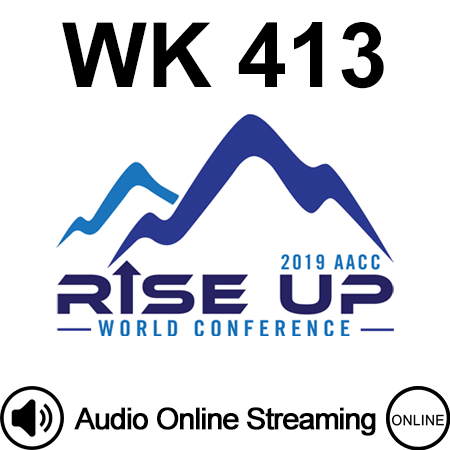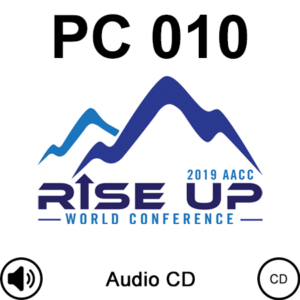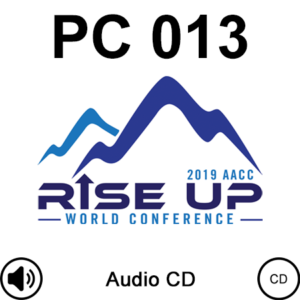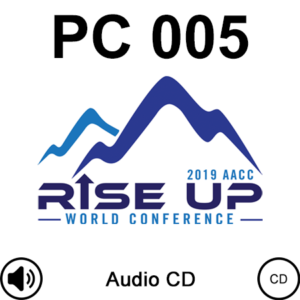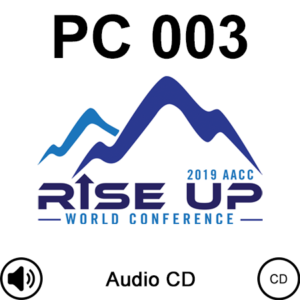Description
The focus during this workshop will be on: 1) briefly reviewing the research on religion and
mental health in Christians, 2) discussing why evidence-based treatments in Christian
counseling are important, 3) illustrating evidence-based Christian therapies now being used,
and, in particular, 4) describing how to: a) design, b) fund, and c) manage randomized clinical
trials (RCTs) to test the efficacy of a Christian therapy. Challenges involved in the design,
funding, and management of clinical trials will be discussed based on a recent RCT that
examined Religiously-Integrated Cognitive Behavioral Therapy (RCBT) that involved Christian,
Jewish, Muslim, Hindu, and Buddhist forms of CBT. Also described will be an RCT now being
designed to examine Spiritually-oriented Cognitive Processing Therapy for the treatment of
???moral injury? in veterans and active duty military suffering from post-traumatic stress
disorder, and the difficulties involved in acquiring the necessary support to conduct such a
study. There will be ample time for participants to ask questions and discuss issues surrounding
evidence-based treatments in Christian counseling, why they are needed, and issues related to
conducting RCTs and evaluating the results of RCTs conducted by others.
Presented by: Harold Koenig, M.D.
Learning Objectives
Participants will:
- Learn what research has discovered about the relationship between religion and mental health, and recognize why evidenced-based treatments in Christian counseling are so important
- Understand the limitations of randomized clinical trials and challenges involved in conducting them
- Learn how to design, fund, and manage a randomized clinical trial to test a Christian approach to therapy

